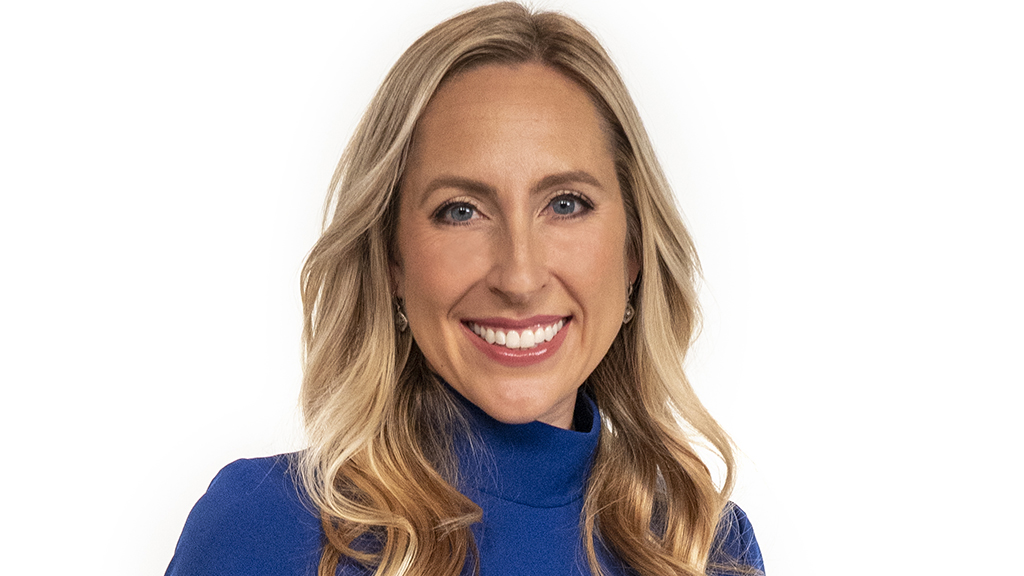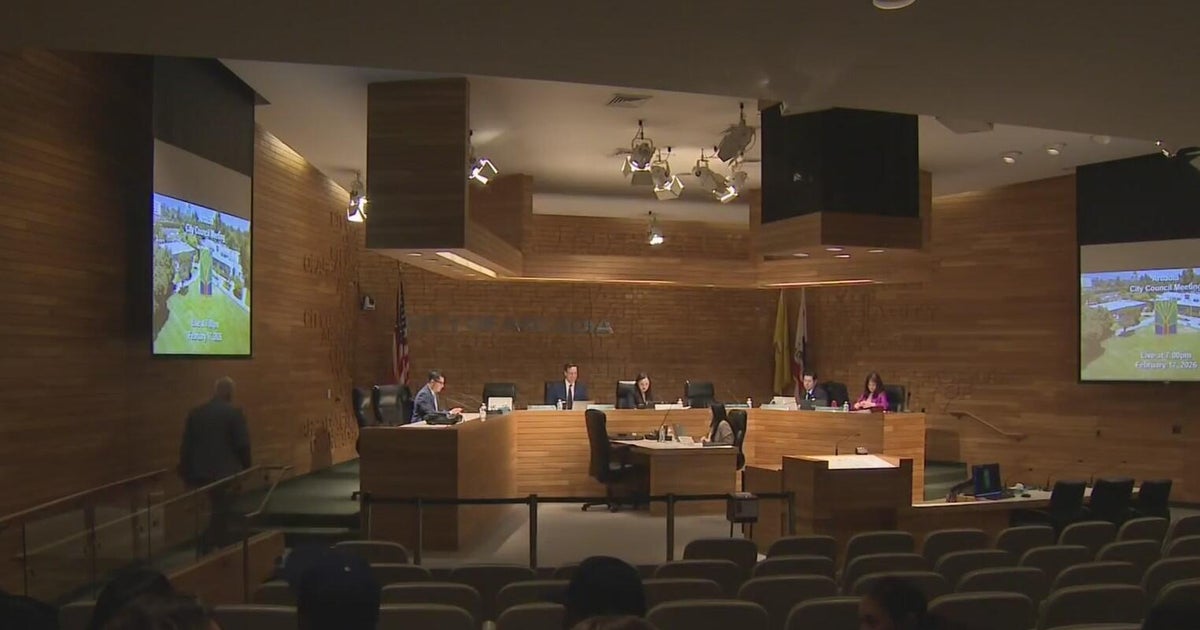Federal government could take back drug patent rights to lower prescription prices
BOSTON - The federal government is considering using a decades-old law to override patents for products developed using government funding. The Biden administration laid out the draft policy guidance in December as a move to address high-priced drugs.
The proposed framework would enact the Bayh-Dole Act, a 1980 law that made it easier for inventions like drugs to be sold to private companies. It also reserved the ability for the government to take those inventions back, using so-called "march-in" rights, if companies do not commercialize government-funded products.
March-in rights have never been fully exercised before and have not yet been used to address pricey drugs.
"For the last 40 years, the NIH has basically refused to consider march-in rights in the case where a drug was being made available at an extremely, excessively high price," said Dr. Aaron Kesselheim, a professor of medicine at Brigham and Women's Hospital.
Kesselheim argues that march-in rights could be a reasonable safety net for overly pricey drugs.
"I don't think it's going to have a major impact across the market, but for those very small number of cases where the public invests a substantial amount of money in the development of a product and then that product is sold at an extremely high price, that this is a reasonable tool that the government can use to try to address that situation," Kesselheim said.
Not everyone agrees. Opponents argue that the policy shift could have an impact on drug development and the greater Boston life-sciences ecosystem. More than 20 percent of jobs in Cambridge are linked to the life sciences industry, home of several pharma companies.
"I think it could chill drug development," said Ed Coppinger, head of Government Affairs for MassBio, a non-profit which promotes the advancement of the life sciences industry in Massachusetts.
"One, you're going retroactive. This has never been used before in the 43 years of the Bayh Dole Act. It will hurt folks who really want to partner with government for research and development," Coppinger said, "Now, will they want to invest their time, money, people into doing that to have this lingering over their head."
Now, the federal government will consider months of public comment. The public comment period ends February 6.
Kesselheim argues that pharma companies will continue to rely on government-funded research.
"The most important, transformative, innovative discoveries that we have in the pharmaceutical space tend to come from publicly funded research that goes on at academic medical centers and government-funded laboratories. And that's where a lot of the small and large pharmaceutical companies get their ideas from," Kesselheim said.








